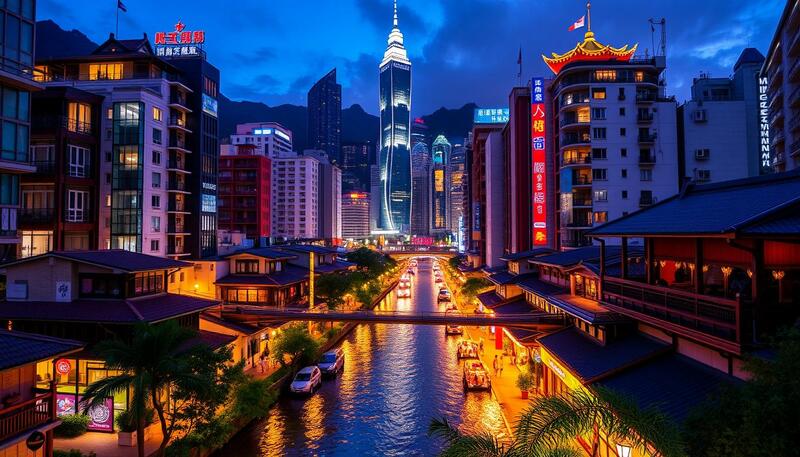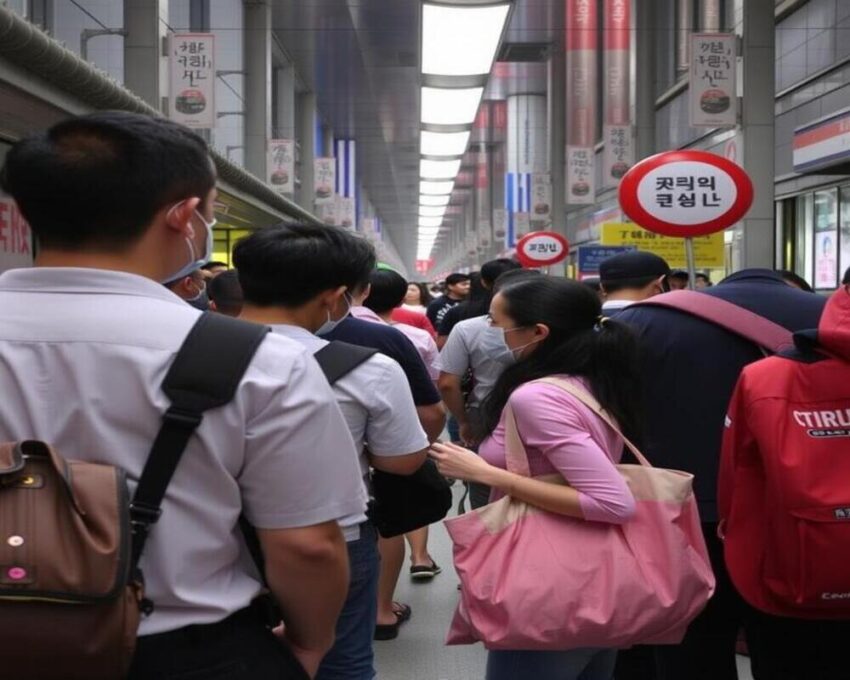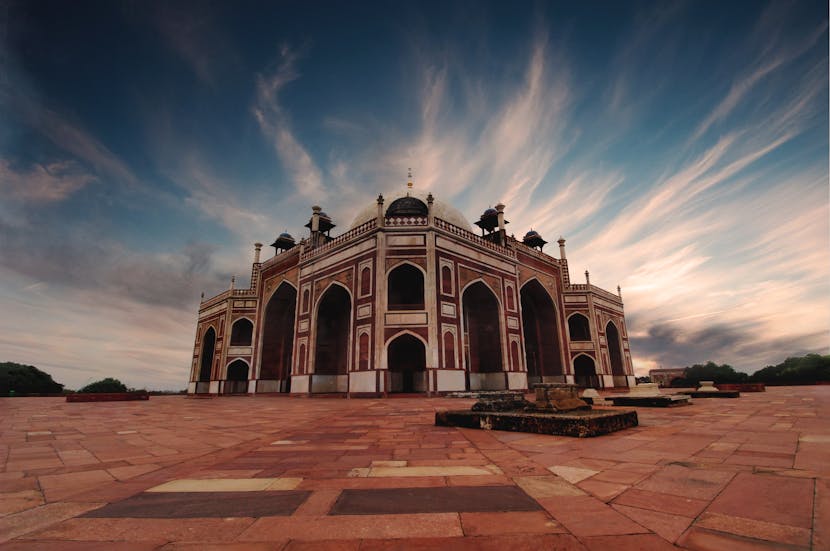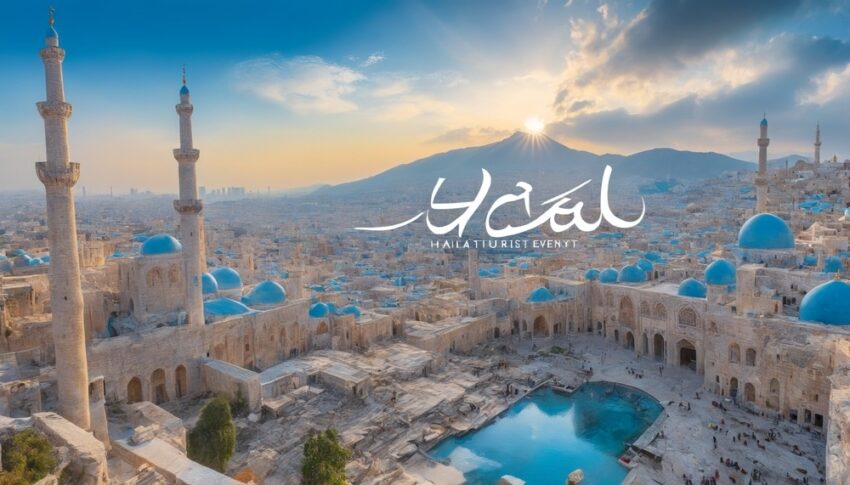Reading Time: 3 minutes
Hong Kong Tourism adapts to evolving travel trends, tackling fresh challenges to stay competitive and attract visitors in a rapidly changing landscape.
Envision a luxury hotel in a premier Chinese city, once lauded with numerous awards such as “Best Hotel” and “Best Restaurants.” It would seem logical to assume that such a hotel, with its advanced facilities and exceptional service, would outshine competitors and withstand even the toughest challenges.
However, reality often paints a more complex and harsh picture. The Opposite House, a prestigious lifestyle hotel in Beijing, shuttered its doors in June after 16 years of operation.
When I first heard about the closure earlier this year, I wasn’t shocked but instead reflected on the immense effort and resources that had been poured into opening this venue ahead of the 2008 Beijing Olympics. This project held personal significance for me, as I was the project manager for the Kengo Kuma-designed hotel in the vibrant Sanlitun district of Beijing.
For 22 months, a dedicated team of managers, designers, consultants, and contractors worked tirelessly to meet the deadline before the auspicious Olympics opening on August 8, 2008. The successful launch was a testament to our hard work and collaborative spirit, and we believed the hotel would remain a lasting legacy as long as the brand existed.
This isn’t an obituary for a commercial entity but rather a reflection on the challenging landscape of the high-end hospitality market in mainland China, where even Hong Kong faces similar struggles. Despite the overall average occupancy rate in Hong Kong’s hospitality sector hovering around 80%, luxury hotels only see about 54% occupancy, indicating that these establishments are merely half full.
Several factors may have contributed to the decline, including the Covid-19 pandemic, competition from online platforms like Airbnb, and shifts in tourism demands. As with any commercial product, the decision ultimately comes down to financial performance. When the infrastructure no longer optimizes revenue, it becomes difficult to justify continued operations.
Tourists vary widely in their preferences, and it’s unrealistic to think that any strategy can fundamentally alter the behavior of budget travelers. To genuinely achieve significant financial gains from tourism, the focus must shift to targeting high-spending visitors.
A recent report by The New York Times highlights that discerning travelers are increasingly seeking bespoke, next-level hotel experiences. When the experience is worth it, travelers are willing to spend. On a micro level, each hotel must identify its unique offerings, while on a macro level, the city must collaborate with the hospitality sector to create something that is uniquely “Hong Kong.”
This approach might have been the intention behind our mega events—creating extraordinary experiences to attract affluent tourists. Unfortunately, as Executive Council convenor Regina Ip Lau Suk-yee recently pointed out, many of these so-called “mega events” fail to live up to their name. Worse, they squander public funds and generate little interest or revenue for the city.
Some events even make headlines for the wrong reasons, such as wasting HK$7.8 million (US$1 million) on “Chubby Hearts Hong Kong” or the embarrassment of the “Inflatable Wonders,” which resembled tombstones in a cemetery. A true mega event would be the Hong Kong Sevens, which should serve as the benchmark for what qualifies as “mega.”
Hong Kong’s officials must devise a proper strategy to attract the right spenders. Transformative approaches require a deep understanding of the market, thorough research, creativity, and transparency. An integrated ecosystem, spanning the service sector, hospitality, retail, and event planning, is crucial to drawing sophisticated and cultured travelers. Many elements are already in place, yet the collective result is not greater than the sum of its parts.
The much-anticipated Kai Tak Sports Park will soon offer world-class infrastructure to host true mega events. We should also consider what is unique to Hong Kong and elevate our current events to new heights. If our harbor is the world’s best, why not reroute the marathon away from dull highways and towards the waterfront? If three-quarters of our land is countryside, why not launch a world-class trail race through the MacLehose, Wilson, and Lantau Trails, rivaling the popularity of the Ultra Trail du Mont Blanc? With mainland support and Olympic-hosting experience, why not bid to become the second Chinese city to host the Summer Games? While some dreams may seem out of reach, they serve as inspiration to strive for greater achievements.
Encouraging Hongkongers and the city’s service industry to “smile more” is a nice gesture but insufficient to revive the tourism sector. Rather than tossing ideas around haphazardly, city officials should engage in meaningful dialogue with hospitality and tourism leaders, tapping into the expertise of the industry’s best minds.
Effective problem-solving begins with correctly identifying the issue, and the first step in that process is communication. Most luxury chain hotels are managed by seasoned professionals who possess valuable insights and instincts in meeting travelers’ needs and desires. We should leverage their knowledge to generate creative ideas and proposals. Such open dialogue and collaboration could become the mega event that Hong Kong needs the most.
The post Hong Kong Tourism faces new challenges to keep up with travel trend appeared first on Travel And Tour World.






